When it comes to installing a pool in your backyard, Melbourne homeowners often face a major decision: should you opt for a concrete pool vs. fibreglass pool? This is a question that stirs up much debate, as both pool types come with their unique advantages and challenges. Whether you’re planning to build a new pool or upgrade an existing one, understanding the differences between concrete and fibreglass pools is crucial to making an informed choice.
In this detailed comparison, we’ll break down the benefits and drawbacks of each option based on factors like durability, cost, maintenance, design flexibility, and installation time. By the end of this article, you’ll have all the information you need to make the best decision for your Melbourne home.
1. Overview of Concrete Pools and Fibreglass Pools in Melbourne
To begin our comparison, let’s start with a brief overview of concrete and fibreglass pools.
Concrete Pools: The Traditional Choice
Concrete pools, also known as gunite pools, are constructed by spraying a mixture of concrete and sand onto a steel frame. This process allows for a high degree of customization, as the shape, size, and depth can be tailored to your exact specifications. Once the concrete is set, the pool is finished with plaster, tiles, or aggregate.
Key Features of Concrete Pools:
- Customizable: Concrete pools offer infinite design possibilities, from the shape and size to the tile work and water features.
- Durable: They are known for their strength and longevity, lasting up to 50 years or more with proper maintenance.
- High Maintenance: Over time, concrete pools may require resurfacing due to the wear and tear of the plaster surface.
Fibreglass Pools: The Preformed Solution
Fibreglass pools, on the other hand, are pre-manufactured in a factory and delivered to the site as one large shell. The installation process is much faster compared to concrete pools, as it involves excavation and placement rather than on-site construction.
Key Features of Fibreglass Pools:
- Pre-formed and Low-Maintenance: Fibreglass pools have a smooth surface that resists algae and is easy to clean.
- Quicker Installation: Installation times for fibreglass pools are much shorter—usually a matter of weeks, compared to the months it can take for concrete pools.
- Less Customizable: While they offer fewer design options, fibreglass pools are still available in a variety of sizes and shapes.
Melbourne-Specific Considerations
When deciding between a concrete or fibreglass pool in Melbourne, it’s essential to factor in local conditions. Melbourne’s diverse climate, with its cold winters and hot summers, plays a significant role in determining the longevity and performance of your pool. Concrete pools are often preferred for their ability to withstand temperature fluctuations, while fibreglass pools are ideal for areas that experience more moderate temperatures.
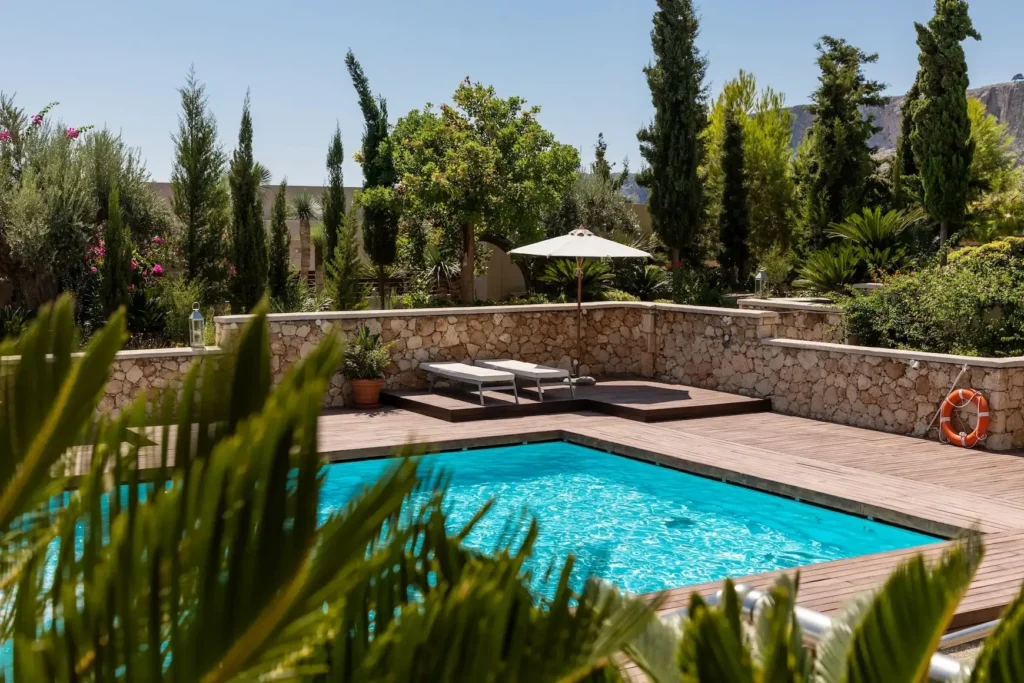
2. Durability
Durability is one of the most critical factors when choosing a pool. After all, you want your pool to last for many years without constant repairs.
Concrete Pools: Longevity with a Trade-Off
Concrete pools are renowned for their durability. With proper care, they can last well over 50 years. However, this longevity comes at a cost. Over time, the surface of concrete pools can crack due to Melbourne’s changing weather conditions. Extreme heat in summer can cause the concrete to expand, while cold temperatures in winter may lead to shrinkage.
Maintenance Considerations:
- Cracking: Concrete is prone to cracking, especially if the soil around the pool moves. These cracks need to be repaired to prevent leaks and structural issues.
- Resurfacing: The pool’s surface will need to be resurfaced every 10-15 years. This can be a significant expense, with costs varying depending on the finish (e.g., plaster, pebble, or tile).
Fibreglass Pools: Built to Last with Minimal Repair
Fibreglass pools, thanks to their flexible structure, are less prone to cracking. The material is designed to withstand the natural expansion and contraction caused by temperature changes, which makes them more suitable for Melbourne’s varying climate.
Maintenance Considerations:
- Surface Wear: Fibreglass pools have a gel coat surface that can fade over time due to UV exposure. However, they are far less prone to structural damage than concrete pools.
- Less Frequent Repairs: Fibreglass pools require fewer repairs overall, saving you time and money in the long run.
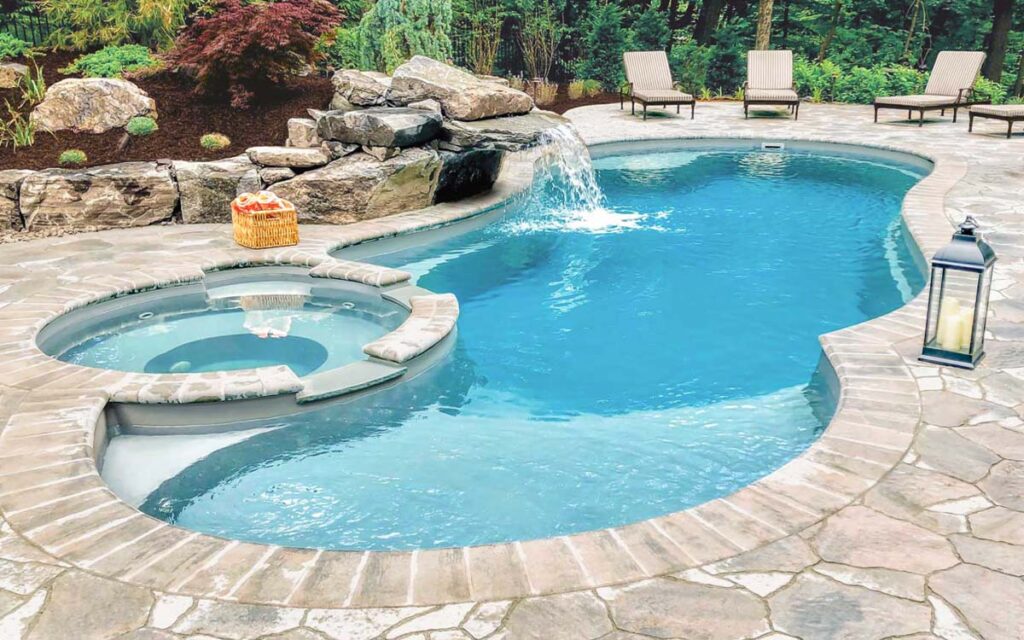
3. Cost Comparison
When it comes to cost, both pool types come with their own price tags—ranging from initial installation to ongoing maintenance.
Concrete Pools: Higher Initial Cost
The installation of a concrete pool tends to be more expensive than a fibreglass pool. The cost is driven by the more complex construction process, which involves excavation, building the steel frame, spraying concrete, and finishing with tiles or plaster.
- Installation Costs: On average, concrete pools cost between $40,000 and $100,000 in Melbourne, depending on size and customization.
- Ongoing Maintenance Costs: Concrete pools require more maintenance, including resurfacing, crack repairs, and cleaning. These expenses can add up significantly over the years.
Fibreglass Pools: Affordable and Cost-Effective
Fibreglass pools typically cost less to install, as they are pre-made and simply dropped into place. Installation can be completed much faster, which reduces labour costs.
- Installation Costs: Fibreglass pools in Melbourne usually range from $25,000 to $60,000, with smaller, standard designs costing less.
- Ongoing Maintenance Costs: The maintenance of fibreglass pools is typically lower due to fewer repairs and a longer lifespan without resurfacing needs.
Hidden Costs:
- For concrete pools, hidden costs such as landscaping, ongoing resurfacing, and the need for periodic repairs should be factored into the total cost over the pool’s lifespan.
- Fibreglass pools, while cheaper upfront, may have higher shipping costs due to the need to transport the pre-formed shell to the site.
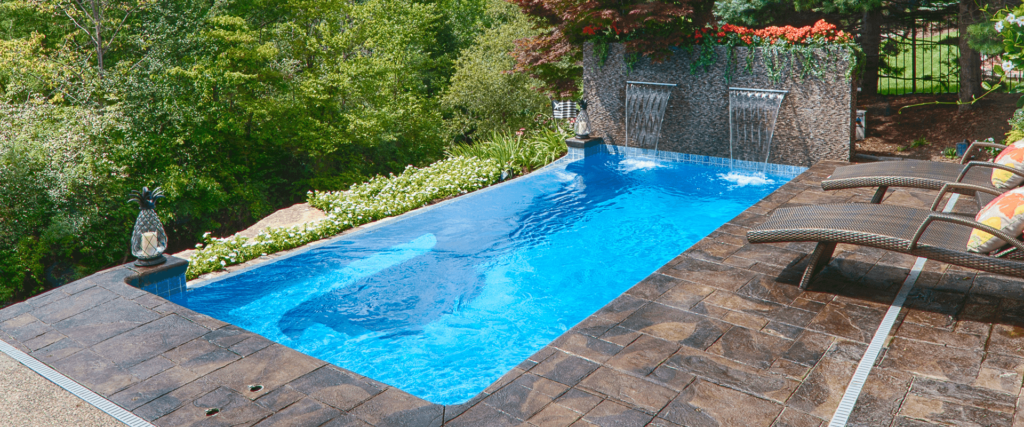
4. Customization and Design Flexibility
If you’re after a highly unique pool design, you may lean towards concrete. But how much customization does each pool type offer?
Concrete Pools: Endless Customization
Concrete pools are the ultimate choice for those seeking complete design freedom. They can be made in virtually any shape or size, and you can choose from an array of finishes, from standard plaster to high-end tiles or pebbles. Additionally, you can incorporate various water features, steps, and spa areas, making them ideal for homeowners who want to create a personalized backyard oasis.
Fibreglass Pools: Limited but Still Stylish
Fibreglass pools are pre-moulded, meaning the design options are somewhat limited. However, there are still a wide range of shapes and sizes to choose from. Installation is also quicker, as there’s less construction involved.
Best Pool for Unique Melbourne Homes
- Concrete Pools: Best for homeowners who want a one-of-a-kind, highly customized design that fits their exact specifications.
- Fibreglass Pools: Ideal for those who want a quick installation with a sleek, low-maintenance option.
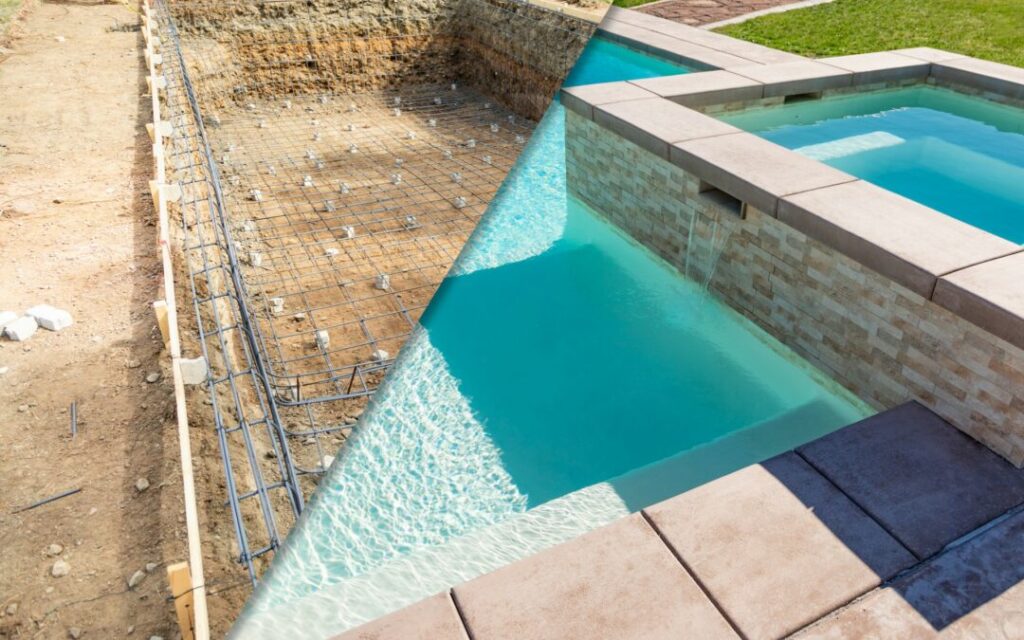
5. Aesthetic Appeal: Concrete vs. Fibreglass Pools
The look of your pool is one of the most important aspects of your backyard design.
Concrete Pools: Elegant and Timeless
Concrete pools are often seen as more aesthetically versatile due to their ability to incorporate intricate tilework, mosaics, and unique finishes. Whether you’re looking for a modern, luxurious pool with a glass-tile finish or a natural look with stone and pebble, concrete pools provide unmatched flexibility in terms of design.
Fibreglass Pools: Smooth and Simple
Fibreglass pools, while less customisable, are sleek and smooth, with a low-maintenance surface that makes cleaning a breeze. They often come with a glossy finish and a limited number of colour choices, making them perfect for those who appreciate simplicity and elegance.
Best Pool Style for Melbourne Homes:
- Concrete Pools: Perfect for homeowners who value design flexibility and are looking for a sophisticated, customized look.
- Fibreglass Pools: Great for those who prefer a clean, modern look without the need for excessive customization.
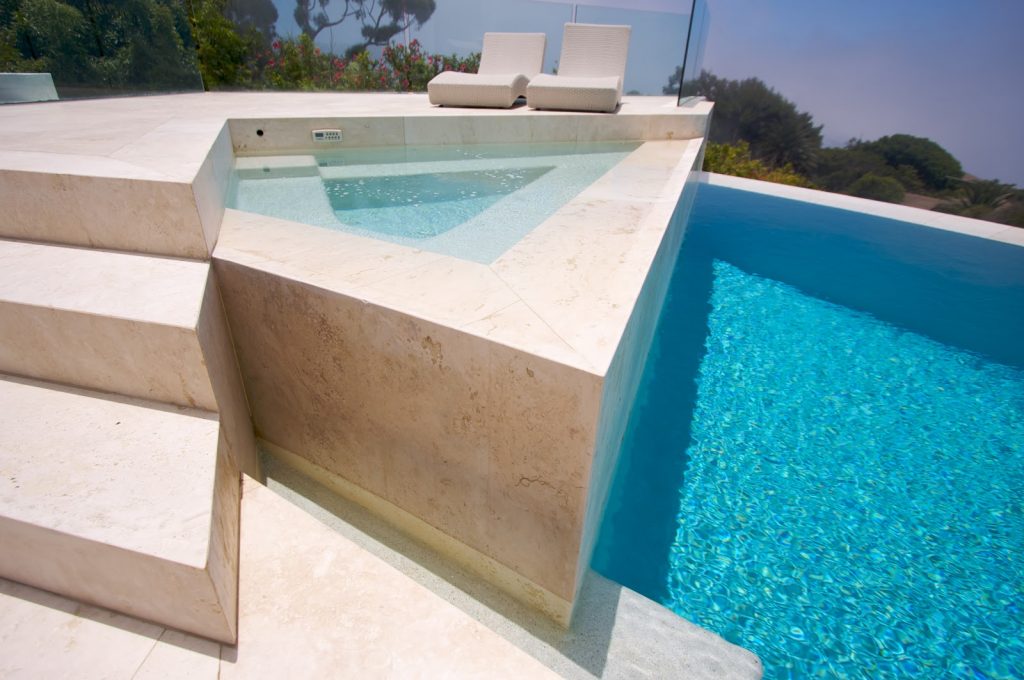
6. Installation Time: Concrete vs Fibreglass Pools
If you’re looking to get your pool up and running as quickly as possible, installation time will be an important factor.
Concrete Pools: A Lengthier Process
Concrete pool construction is a time-consuming process. On average, it takes around 12-16 weeks to complete a concrete pool, depending on weather conditions, customization, and other factors. The process involves excavation, pouring the concrete, curing, and finishing, making it much slower than fibreglass pool installation.
Fibreglass Pools: Speedy Setup
Fibreglass pools are pre-manufactured in a factory and delivered to your site as a single unit. Installation can be completed in as little as 4-6 weeks, making fibreglass pools the best option for those looking for a quicker solution.
Best Pool for Quick Installation in Melbourne:
- Fibreglass Pools: Ideal for homeowners who want a fast and hassle-free installation.
- Concrete Pools: Best for those who are willing to wait for a more customised, high-end solution.
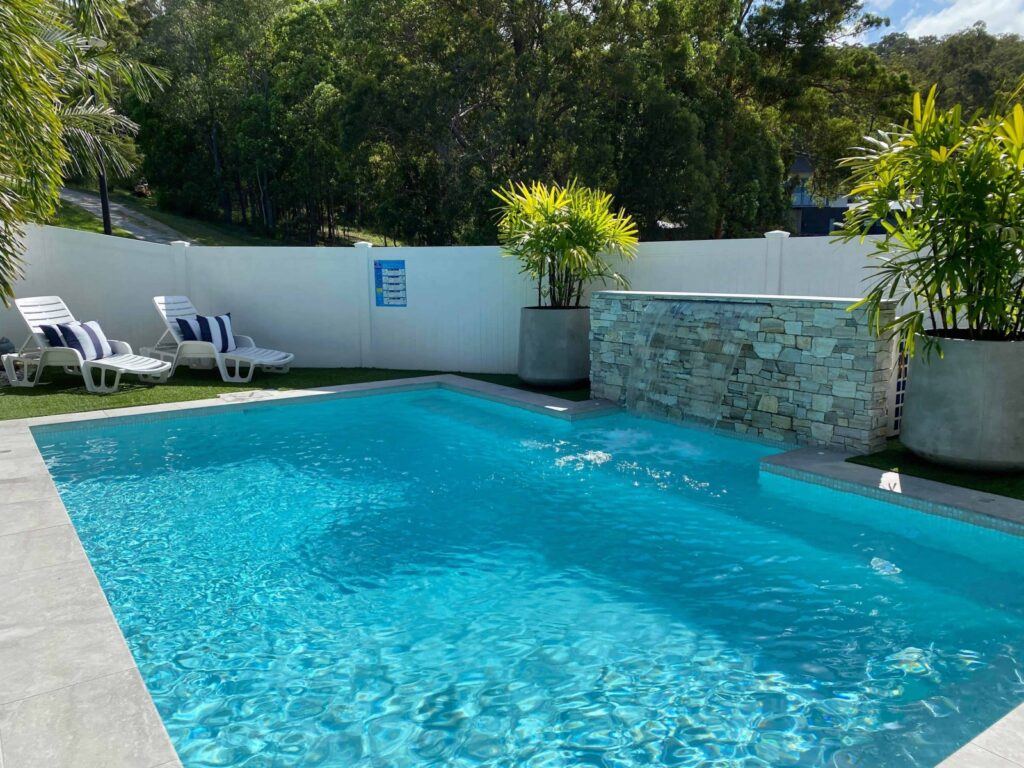
7. Pool Maintenance
A pool’s maintenance needs can significantly affect your long-term investment. Let’s compare the upkeep required for both pool types.
Concrete Pools: Regular Maintenance
Concrete pools require more regular maintenance compared to fibreglass pools. You’ll need to monitor the pool’s surface for cracks, perform resurfacing every 10-15 years, and clean the pool more frequently to avoid staining.
Fibreglass Pools: Low Maintenance
Thanks to their smooth surface, fibreglass pools are easier to maintain. The gel coat finish resists algae growth and makes cleaning a breeze. These pools generally require less frequent cleaning and don’t need resurfacing for decades.
Best Pool for Low Maintenance in Melbourne:
- Fibreglass Pools: Best for homeowners who prefer a pool with minimal upkeep.
- Concrete Pools: Ideal for those willing to invest time and effort into maintaining a more high-maintenance pool.
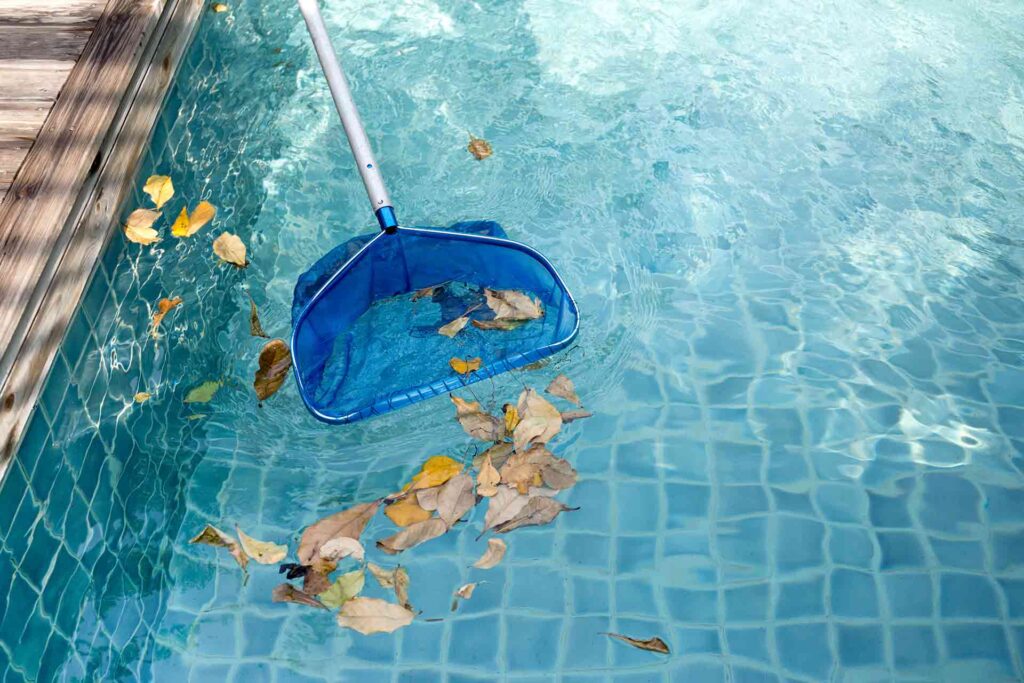
8. Environmental Impact of Concrete vs Fibreglass Pools
Both pool types have an environmental footprint, but how do they compare?
Concrete Pools: Higher Environmental Impact
Concrete pools have a larger environmental impact due to the materials used and the energy-intensive construction process. Additionally, the ongoing maintenance, such as resurfacing and cleaning, may require more resources.
Fibreglass Pools: More Eco-Friendly
Fibreglass pools are considered more sustainable. Their manufacturing process is less resource-intensive, and they are more energy-efficient over time due to their smooth, non-porous surfaces. Additionally, the lower maintenance requirements reduce the need for chemicals and other resources.
Eco-Friendly Pool Options in Melbourne:
- Fibreglass Pools: The more environmentally conscious choice for Melbourne homeowners.
- Concrete Pools: Better suited for those who prioritize customization over sustainability.
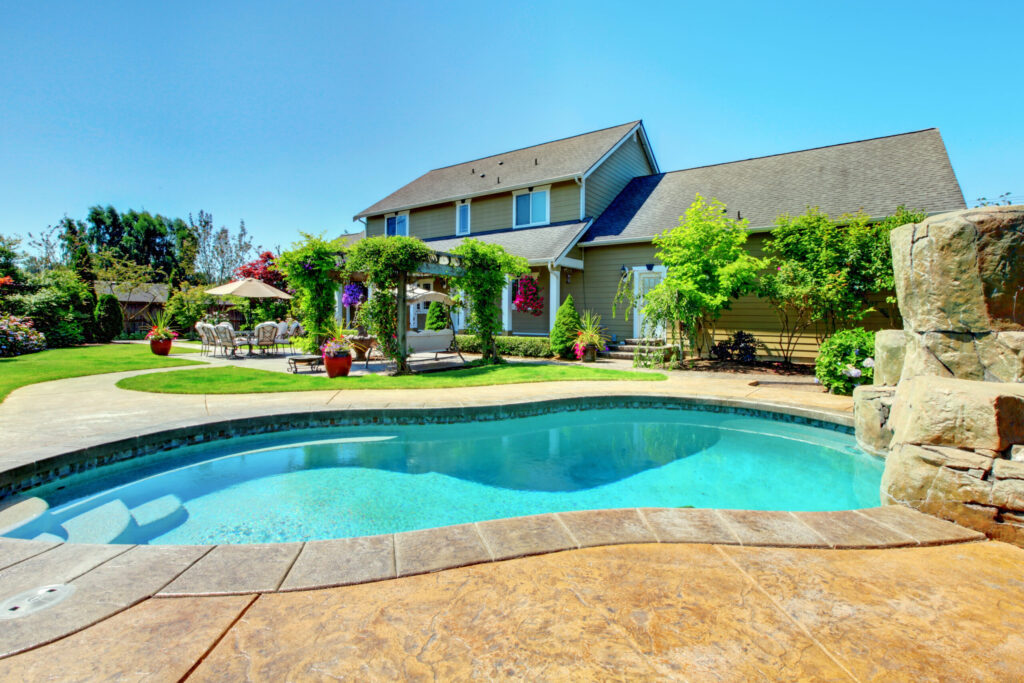
9. FAQ: Common Questions About Concrete and Fibreglass Pools in Melbourne
1- What is the best type of pool for Melbourne homes?
The best pool for your Melbourne home depends on your preferences, budget, and design needs. Concrete pools offer full customization but come with higher maintenance costs, while fibreglass pools are more affordable and low-maintenance.
2- Are concrete pools more expensive to maintain than fibreglass pools?
Yes, concrete pools generally incur higher maintenance costs due to resurfacing and more frequent repairs.
3- How long does it take to install a fibreglass pool in Melbourne?
Fibreglass pools can be installed in 4-6 weeks, much quicker than concrete pools.
4- Can I customize the shape of a fibreglass pool in Melbourne?
Fibreglass pools offer limited customization in terms of shape and design compared to concrete pools.
5- Which pool is more durable in Melbourne’s climate, concrete or fibreglass?
Concrete pools are more durable in extreme weather conditions but may require more maintenance, while fibreglass pools are highly resistant to cracks and are more flexible in Melbourne’s climate.
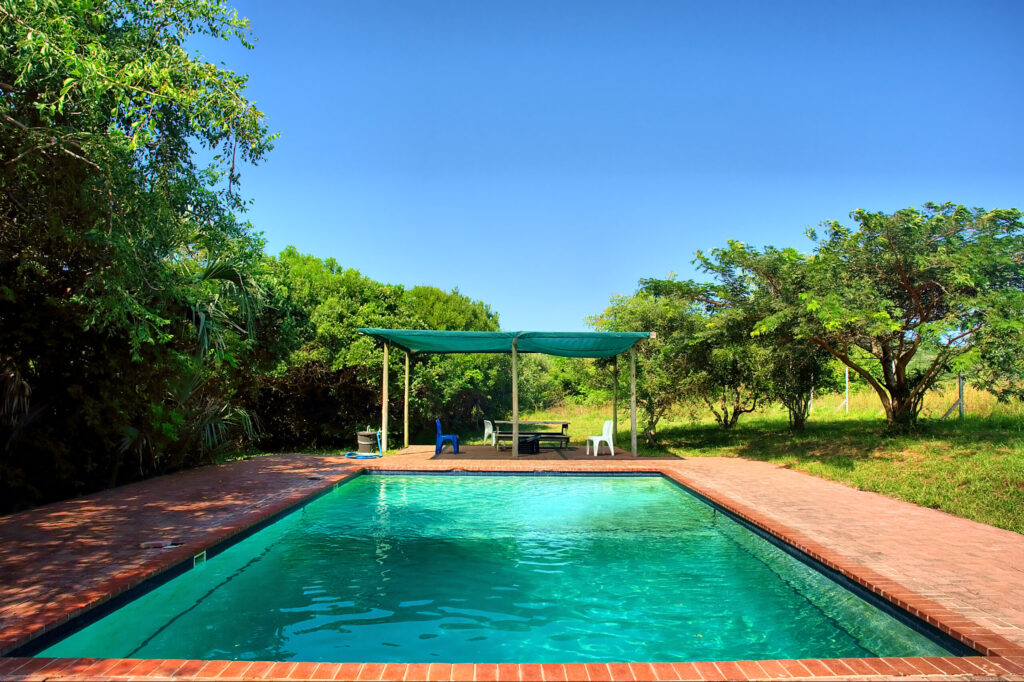
10. Conclusion: Which Pool is Best for Your Melbourne Home?
When deciding between a concrete and fibreglass pool for your Melbourne home, there’s no one-size-fits-all answer. Concrete pools are ideal for homeowners who value customization, longevity, and are willing to invest in higher maintenance. On the other hand, fibreglass pools are perfect for those looking for a more affordable, low-maintenance solution that still offers excellent durability.
Final Recommendation:
- If you want a unique, custom-designed pool and are prepared to invest in ongoing maintenance, a concrete pool might be the best option for you.
- If you prefer a more affordable, quicker installation with minimal upkeep, a fibreglass pool may be the better choice.
Ready to start your pool journey? Contact Us as a professional pool installer in Melbourne today for a free quote and expert advice tailored to your home’s needs.
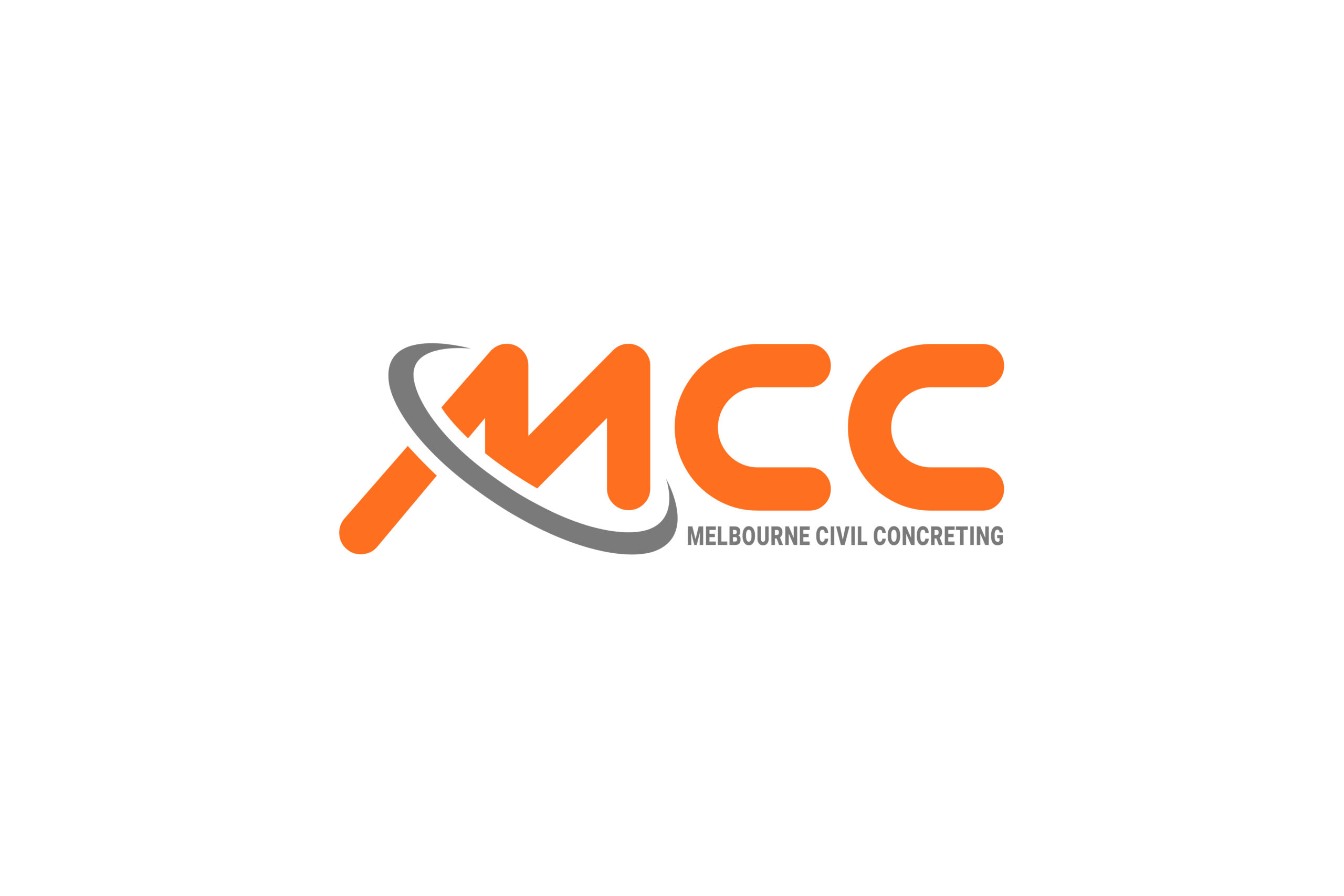

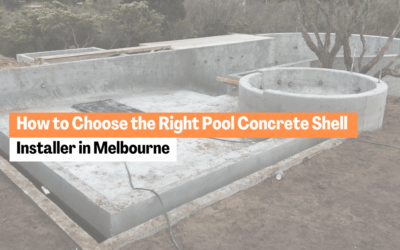
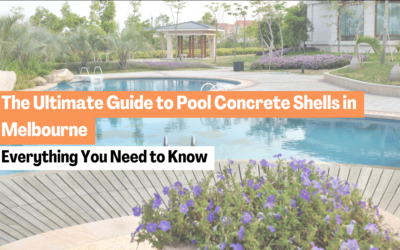
0 Comments